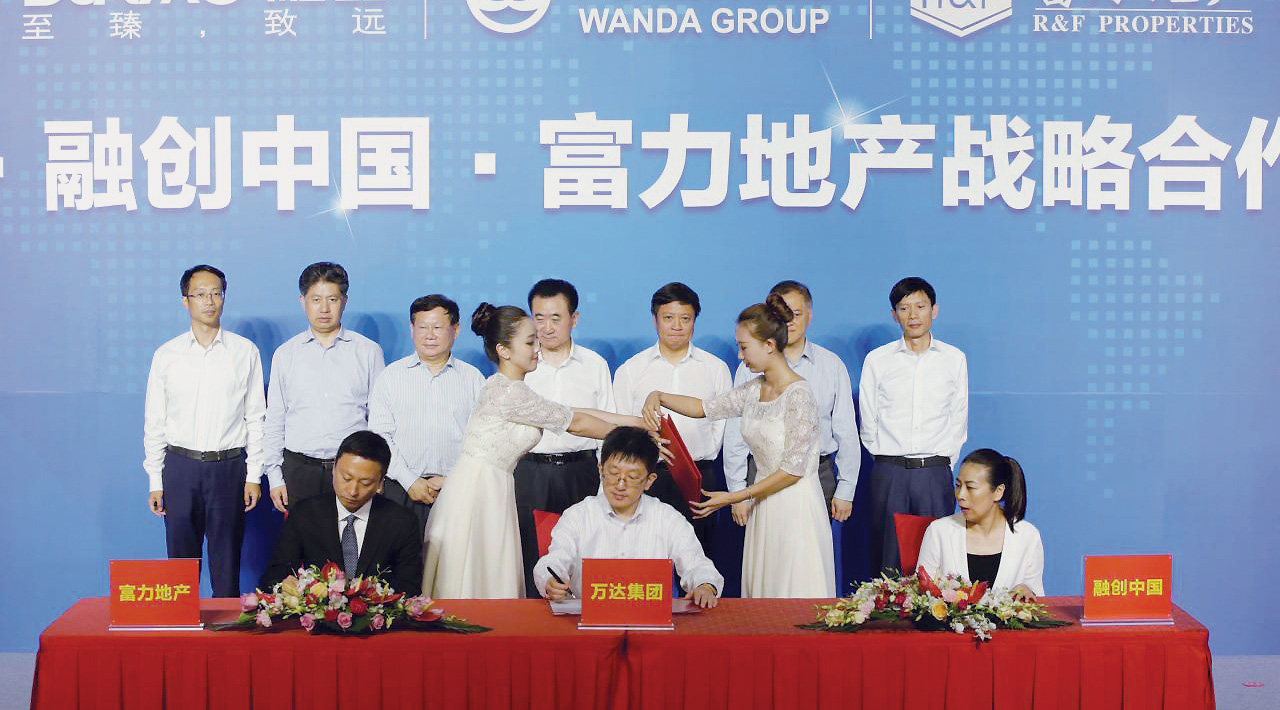

More than a year ago, China abruptly shifted from a policy of providing its private multinational companies (MNCs) with cheap cash to push them to become global champions, and tightened capital controls and bank credit. That seismic shift is still being felt today, as the non-state companies dump property and company stakes, and grapple with developing coherent strategies. Last week, Dalian Wanda Group announced it would sell a $1.24 billion stake in Wanda Film Holdings Co to Alibaba Group Holding Ltd and Cultural Investment Holdings Ltd, a Beijing government-backed company.
That followed Wanda’s announcement in the previous week that it was shifting a $5.4 billion stake in its property unit to outside investors, led by Tencent Holdings.
For HNA Group, the aviation company that has extended its reach into logistics, tourism and financial services after splashing out $50 billion on dealmaking, the process of deleveraging has just started.
In recent weeks, the company has announced moves to raise billions in funding, including offloading property in Australia and hiring bankers to sell its leading stake in the Spanish hotels company NH Hotel Group SA.
Last month, at an extraordinary meeting with its major bank creditors, HNA said the company faced a potential cash shortfall of at least $2.4 billion in the first quarter of the year.
Its liquidity problems have extended from overdue aircraft lease payments to a missed early repayment of a 1.7 billion yuan ($268.55 million) trust product.
Other private conglomerates like Fosun International and Anbang Insurance Group are either reshaping their businesses and reducing debt, or halting fresh buyouts and searching for new shareholders under strict supervision of regulators.
“Some Chinese companies have gone on overseas acquisition binges and now they have too much debt,” said Willy Shih, a Harvard Business School professor who has written about Dalian Wanda. He added that it was unclear whether the companies were “looking for re-invention or just trying to put together a business logic that makes sense”. — Reuters
Oman Observer is now on the WhatsApp channel. Click here



